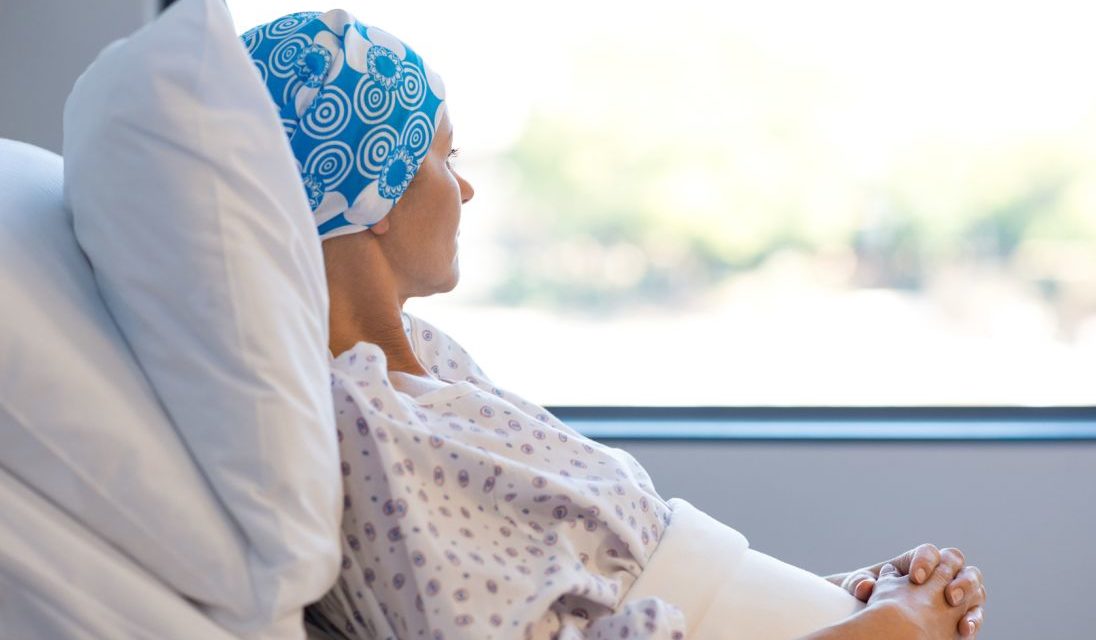There is a connection between your lifestyle and your risk for cancer. A healthy diet, exercise and not smoking will reduce your chances of getting cancer. According to the American Cancer Society, one-third of the 550,000 cancer deaths each year are attributed to unhealthy diet and lack of physical activity.
Exercise is very important; not only to reduce the risk of heart disease, but to reduce the risk of cancer as well. Adults should be moderately active for at least 30 minutes on five or more days per week. For reducing risk for breast cancer and colon cancer, even more exercise may be better. Children should be active 60 minutes or more each day.
Control your weight. Obesity increases the risk of several cancers, including colon cancer, breast cancer, and cancers of the esophagus, kidney and endometrium. Obesity can lead to gastric reflux, thus irritating the esophagus and setting the stage for esophageal cancer. Obesity also increases estrogen and insulin levels, both of which can stimulate cancer growth.
Eating fruits and vegetables lowers the risk of several cancers. They are sources of minerals, fiber, antioxidants and phytochemicals (plant pigments that have been shown to protect human cells). Eating fruits and vegetables reduces the risk for cancers of the mouth, lung esophagus, colon and stomach. The American Cancer Society recommends eating at least five servings of fruits and vegetables each day.
High fat diets have been associated with an increased risk of cancers of the colon and prostate. The type of fat may be important. Omega three essential fatty acids (found in fish oil and in flax oil), actually improve your health. Saturated fats and trans fats may be the culprits here.





